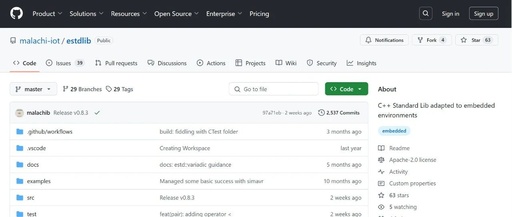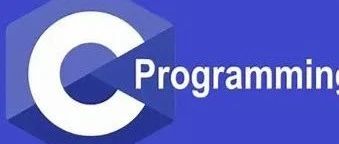Say Goodbye to Bloat! nanolibc: Your Lightweight Tool for Embedded C/C++!
Hello everyone! Today, I want to talk to you about a fantastic tool—nanolibc! This little gem is compact and powerful, just like a martial arts master in a novel, light as a feather yet incredibly effective! What is nanolibc? In simple terms, nanolibc is a streamlined version of the C standard library (libc). It only … Read more









